Year in review: Looking back at the major world events of 2024
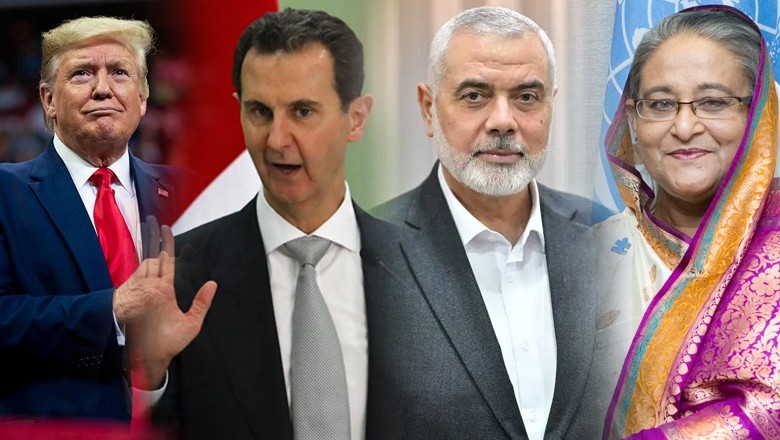
web desk
|
26 Dec 2024
As 2024 comes to a close, the year can be remembered as a turning point in global politics, marked by key elections, escalating geopolitical tensions, and significant political upheavals.
From landslide victories to brutal crackdowns, the world witnessed events that are likely to shape the future for years to come.
Here’s a look at some of the major events that defined 2024.
A Year of elections
One of the defining features of 2024 was the wave of elections held across the globe. More than 60 countries went to the polls, with approximately 4 billion voters eligible to cast their ballots, representing nearly 50% of the world’s population. Among the most notable elections were those in Mexico, the United Kingdom, and the United States.
In Mexico, voters chose a new leader, while the United Kingdom saw a historic shift as Keir Starmer led the Labour Party to a resounding victory, ousting the Conservative Party after 14 years in power. Meanwhile, in the United States, former president Donald Trump won a second term, defying the odds after surviving multiple assassination attempts.
India’s general election, held between April 19 and June 1, resulted in a victory for Narendra Modi’s BJP, although they lost their outright majority. Modi's third term began with a coalition government, signaling a shift in Indian politics. Similarly, the European Union held its parliamentary elections, highlighting the increasing political importance of global alliances.
Bangladesh: A controversial election and political crisis
In Bangladesh, Prime Minister Sheikh Hasina’s Awami League secured a fourth consecutive term in a highly controversial election. The vote was marred by widespread protests and accusations of fraud, with many seeing the election as a façade.

Independent candidates, many of whom had been rejected by the Awami League, secured 63 seats, exacerbating the political crisis. Despite the unrest, Hasina’s grip on power remained, though the opposition continued to demand fairer electoral processes.
Putin’s fifth Term
March saw Russian President Vladimir Putin extend his reign for another six years following a landslide victory in the presidential elections. Putin’s dominance in Russian politics continues, with his plans to deepen military engagement in Ukraine remaining a central focus of his administration.

His re-election consolidated his power, though domestic unrest and international condemnation of his policies have increased tensions both within Russia and abroad.
Moscow gun attack
On March 22, Moscow was rocked by a devastating gun attack at Crocus City Hall, leaving 145 dead and over 500 wounded. The attack, claimed by an ISIS affiliate, was the deadliest in Russia in two decades.
The fallout from the attack led to numerous arrests, but the motive and the full scope of the perpetrators’ connections remain subjects of intense investigation. The attack’s aftermath also exacerbated the growing political and security concerns in Russia.
Hajj tragedy
Tragedy struck during the 2024 Hajj pilgrimage in Saudi Arabia, where more than 1,300 people lost their lives due to extreme heat. Temperatures exceeding 50 degrees Celsius (122 degrees Fahrenheit) caused heat stress, leading to organ failure and death among pilgrims, many of whom were elderly or vulnerable.
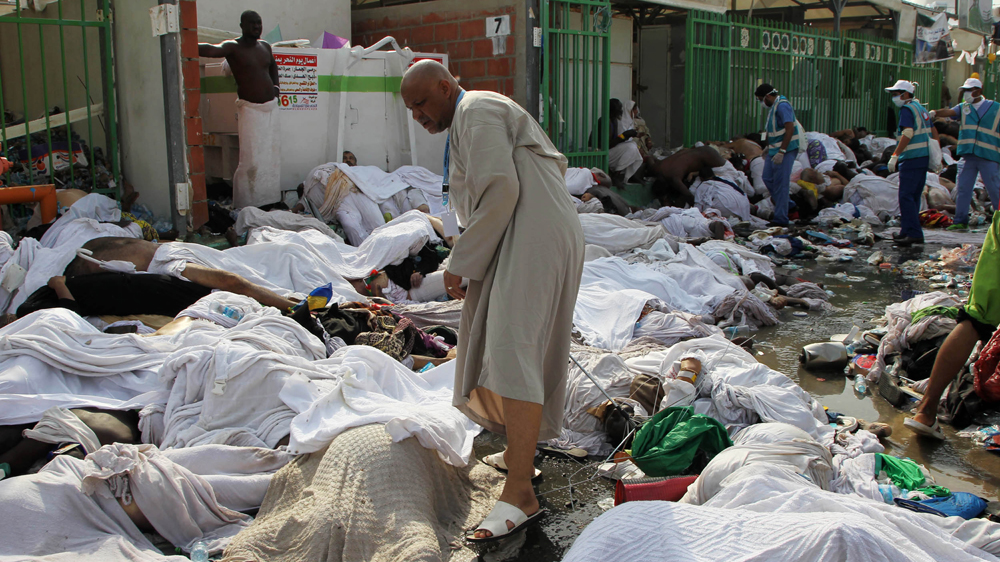
Hasina's ouster
In Bangladesh, protests erupted in July over a controversial government job-quota system. The protests soon turned violent as security forces cracked down on demonstrators, leading to the deaths of nearly 300 people.
The violence marked a dark chapter in Sheikh Hasina’s 15-year rule, culminating in her resignation and exile in August, ending her long tenure as prime minister.
Modi’s coalition victory
In India, the 2024 general elections held between 19 April and 1 June saw voters casting their ballots over seven phases to elect 543 members to the Lok Sabha (Lower House). After a prolonged wait, results were declared on 4 June, and the Bharatiya Janata Party (BJP) retained power through its alliance, the National Democratic Alliance (NDA).
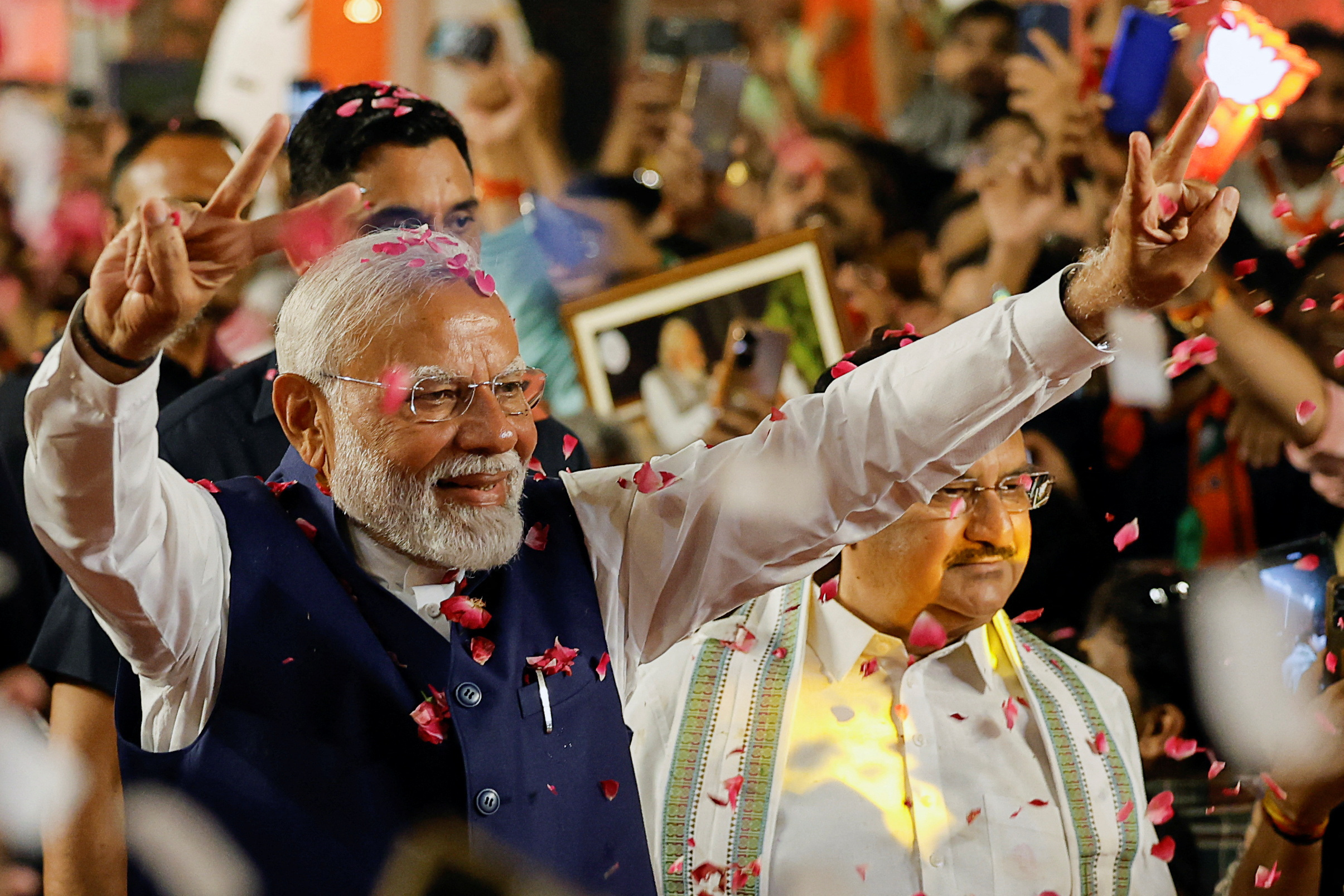
Although the BJP lost its outright majority, Prime Minister Narendra Modi was set to take an oath for his third term on 8 June. This marked a historic milestone for Modi, who was now heading his first coalition government. Modi secured the support of 293 MPs, including new allies such as the Telugu Desam Party from Andhra Pradesh and the Janata Dal (United) from Bihar.
Labour Party makes a historic return in UK
In the United Kingdom, the general election held on 4 July 2024 witnessed a stunning turn of events as Keir Starmer led the Labour Party to a resounding victory, returning the party to power after a 14-year absence.

The Labour Party clinched 412 seats, leaving the Conservative Party reeling from one of its worst defeats in history. Starmer, who became the UK’s new Prime Minister, signaled the dawn of a new era for British politics after a prolonged period of Conservative rule.
Reformist Masoud Pezeshkian triumphs in Iran elections
On 5 July 2024, Iran's presidential runoff saw the victory of reformist candidate Masoud Pezeshkian, who secured 16.3 million votes against his rival Saeed Jalili’s 13.5 million. The election represented a significant shift, as Pezeshkian promised to ease the enforcement of Iran’s mandatory headscarf law and take steps towards rapprochement with the West.

Despite the absence of internationally recognised monitors, voter turnout was reported at 49.6%, a slight improvement over the first-round election turnout.
The election comes after Iranian President Ebrahim Raisi and seven other people were killed on May 19 when the helicopter they were travelling in came down near the border with Azerbaijan.
Donald Trump returns to White House
In the United States, 2024 saw the return of Donald Trump to the White House. After surviving two assassination attempts — one in Pennsylvania and another near his Florida residence — Trump emerged victorious in the highly contested election.
His campaign, marked by dramatic twists, witnessed Indian-American biotech entrepreneur Vivek Ramaswamy suspending his bid and endorsing Trump.
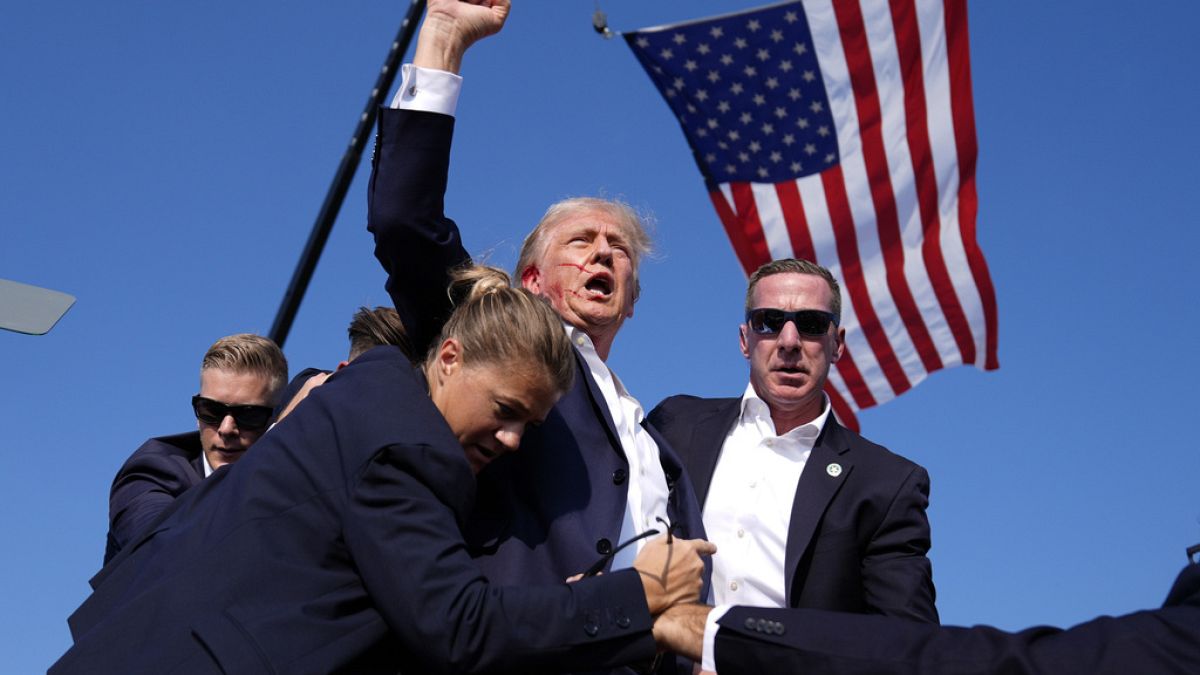
Tech mogul Elon Musk also publicly backed Trump, solidifying the former president’s position. Despite not electing Kamala Harris as the first female president, the United States made history with its first Indian-American Second Lady, Usha Vance, the wife of Vice President-elect JD Vance. Trump's return has reshaped the political landscape as he gears up for his second term in office.
South Korea: A political crisis unfolds
South Korea faced one of its most significant political crises in decades. President Yoon Suk Yeol’s attempt to impose martial law in December was met with widespread protests, culminating in his impeachment by the National Assembly on December 14.

The political turmoil raised serious questions about the stability of South Korea’s democratic system, with the country’s future direction now uncertain.
Israel's war on Gaza
The Israeli-Palestinian conflict saw further escalation in 2024, as Israel’s war against Hamas in Gaza continued to claim lives. By year’s end, the death toll had surpassed 45,000, and northern Gaza was on the brink of famine.
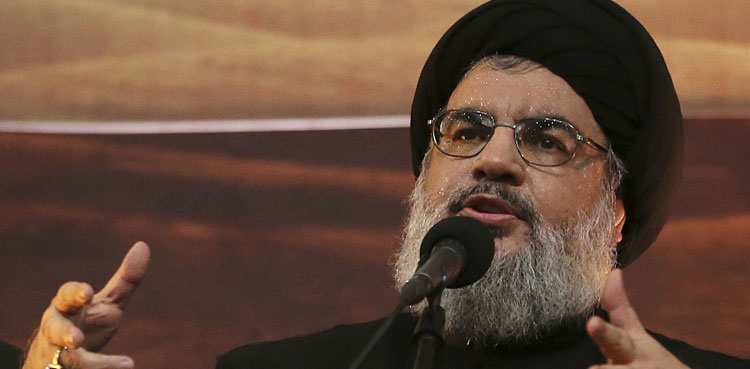
Meanwhile, Israel’s actions in Syria and Lebanon, including airstrikes on Iranian targets and the assassination of Hezbollah leader Hassan Nasrallah, added to the region’s instability.
In July 2024, Israel orchestrated the assassination of a senior Hamas leader Ismail Haniyeh while he was attending the inauguration of Iran's new president in Tehran. The high-profile strike escalated tensions in the region, as Israel targeted a key figure in Hamas during a moment of political significance.
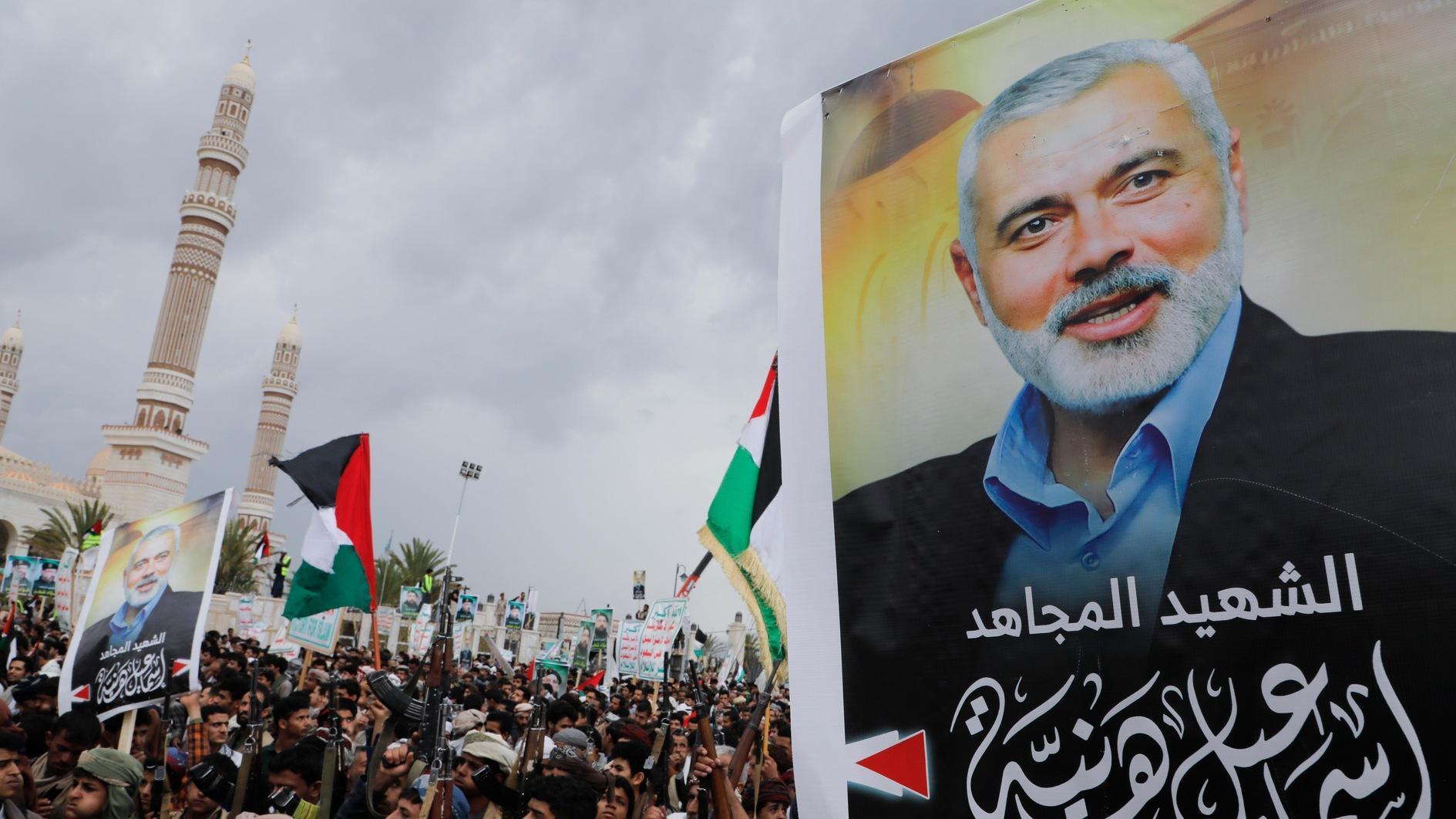
Israel’s ongoing struggle to defeat Hamas and its escalating conflicts with regional actors raised fears of even more disorder in the Middle East.
Iran retaliates with missiles on Israel
Two months after the assassination, in September 2024, Iran launched a missile attack on Israel in retaliation. While the assault was significant, Israel’s defense systems managed to largely neutralize the incoming missiles, minimising the damage.
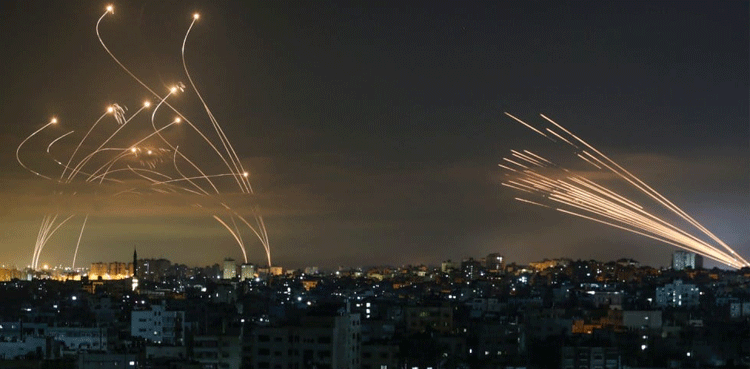
In late October 2024, Israel responded with airstrikes that crippled Iran’s missile production capabilities and severely damaged its air defense infrastructure. The operation marked a significant escalation in the ongoing conflict, with Israel targeting key military assets in Iran.
In October, the Israeli military announced the killing of Hamas leader Yahya Sinwar by its forces in southern Gaza the previous day.

The Assad regime falls
December saw the fall of the Assad regime in Syria, with Turkish-backed forces and Syrian rebels ousting President Bashar al-Assad from power.
This significant shift in the region’s balance of power further isolated Iran, which had long been a supporter of Assad.
The Syrian conflict, along with Israel’s strategic strikes, has created a new geopolitical landscape in the Middle East, one that is still evolving and could lead to greater instability or, potentially, a fragile peace.
Azerbaijan plane crash
In one of the year’s most tragic accidents, an Azerbaijani airliner crashed in southwestern Kazakhstan, killing at least 38 people. The crash prompted a massive rescue operation, with 29 survivors pulled from the wreckage. Reports indictae that Russian forces accidently shot down airplane.

As 2024 draws to a close, the political upheavals, conflicts of the year have set the stage for a turbulent 2025. From the fallout of major elections to ongoing wars, the global landscape is in a state of flux.



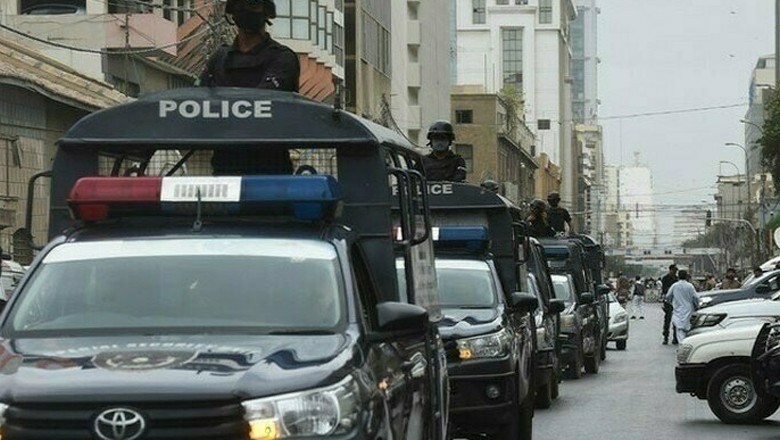



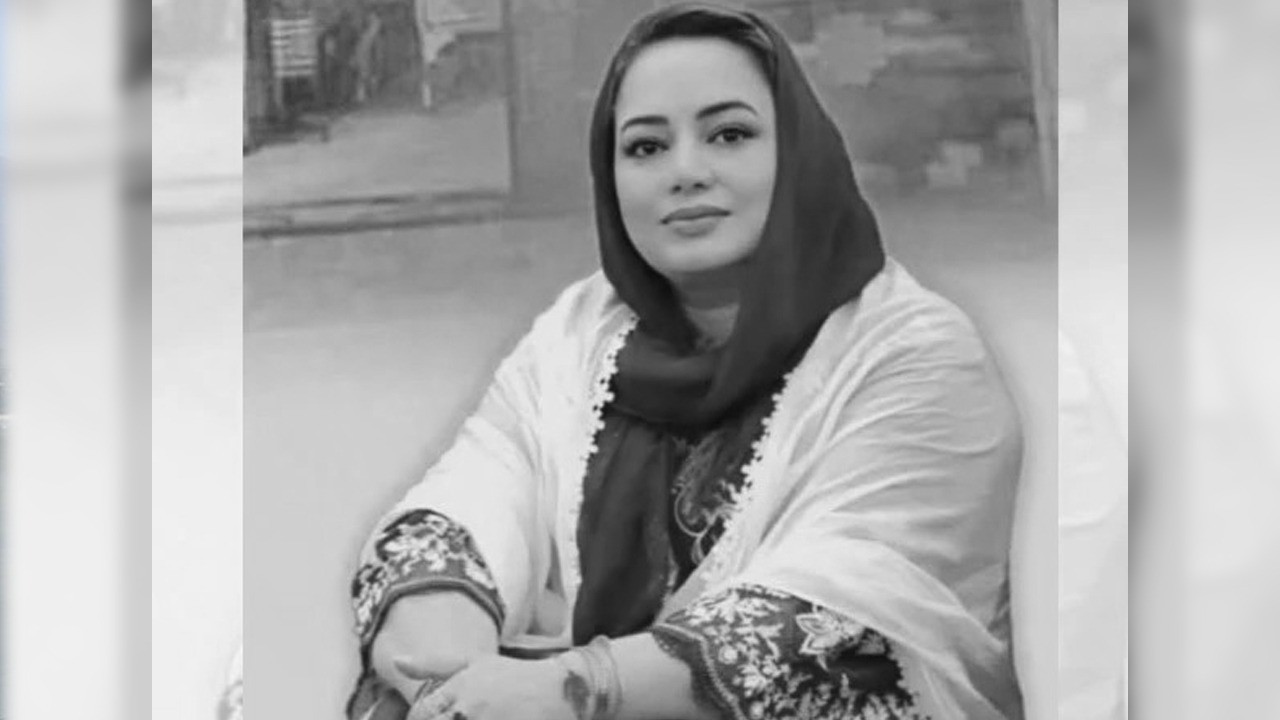
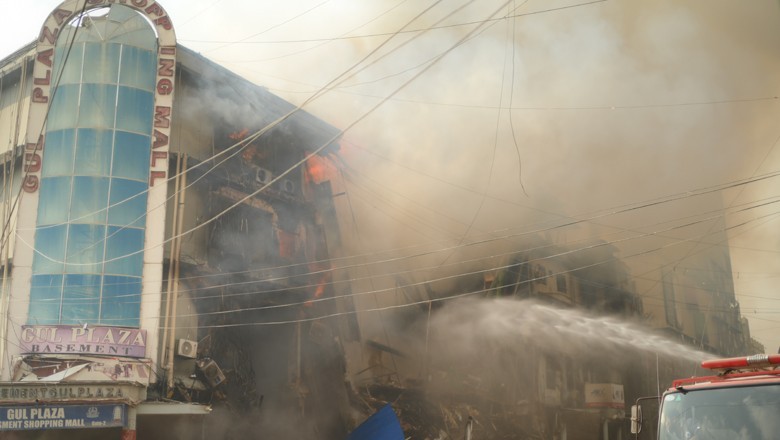
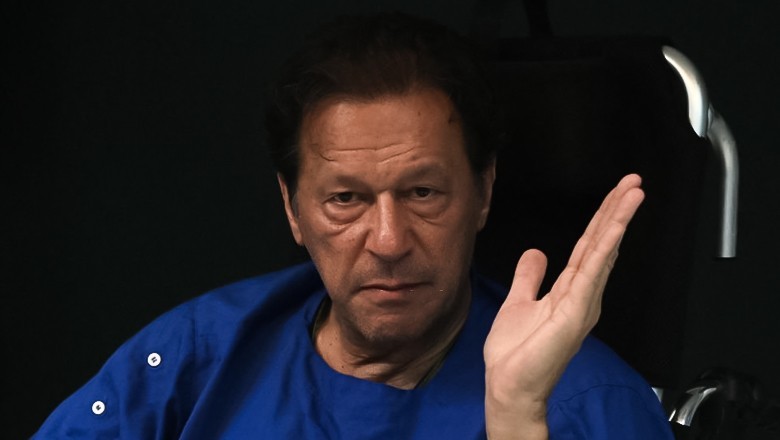
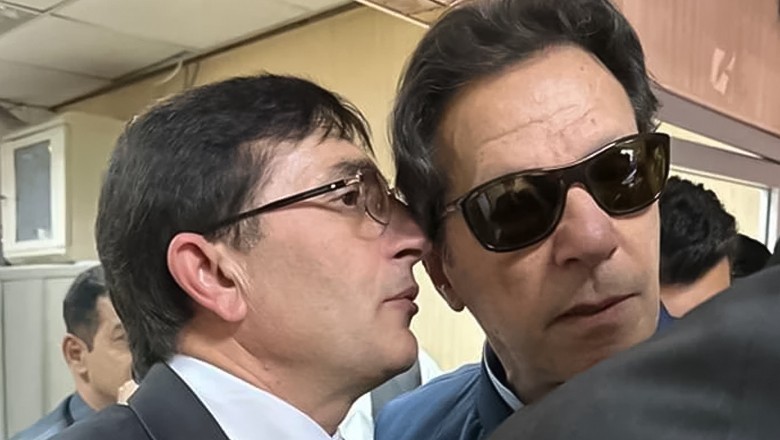
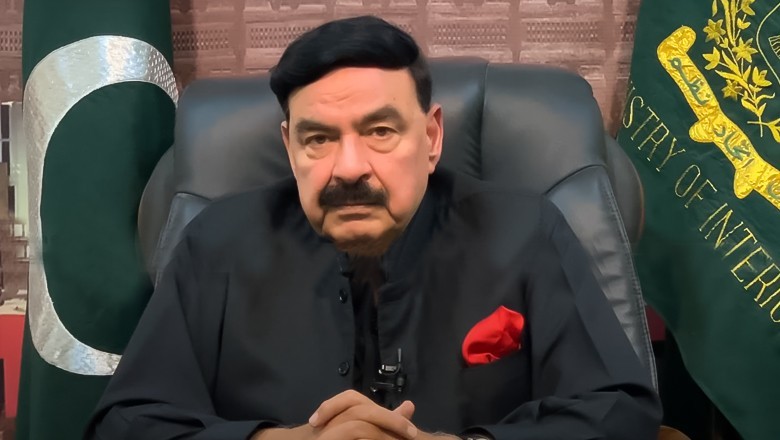
Comments
0 comment